The best Scottish films of the '90s - according to Rotten Tomatoes
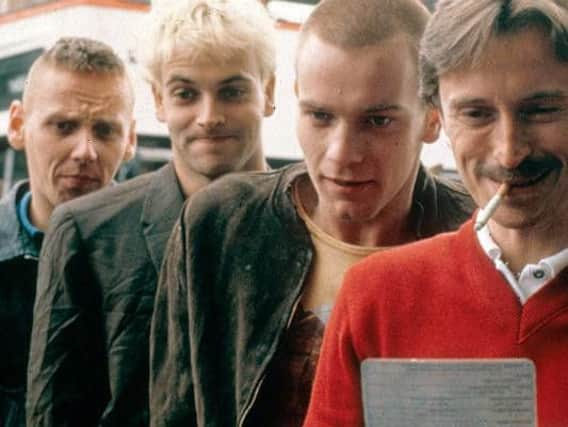

Trainspotting and Braveheart - arguably the two biggest critical successes in Scotland's cinema history - were released within a year of each other, making the mid-nineties something of a cinematic golden age for the nation.
Beyond the two cinema behemoths, however, are a whole host of low-key success stories in Scottish cinema.
Advertisement
Hide AdMaking the most of Rotten Tomatoes' review aggregator we've ranked in order the most critically acclaimed Scottish films of the 1990s. Our cut-off point of 70% positive reviews means that Danny Boyle's debut Shallow Grave and cult-favourite Small Faces aren't included.
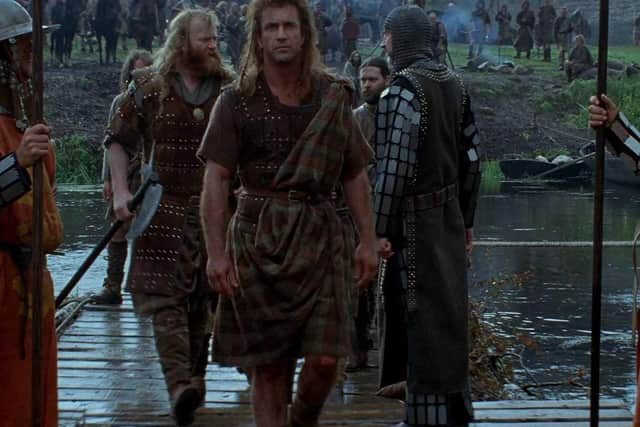

Mrs Brown, 1997 (92%)
Featuring acting heavyweight Judi Dench and comic great Billy Connolly, Mrs Brown drips with charm and intrigue.
The not-entirely-factually-correct 'historical' drama speculates on the rumoured relationship and romance between Queen Victoria and her servant John Brown.
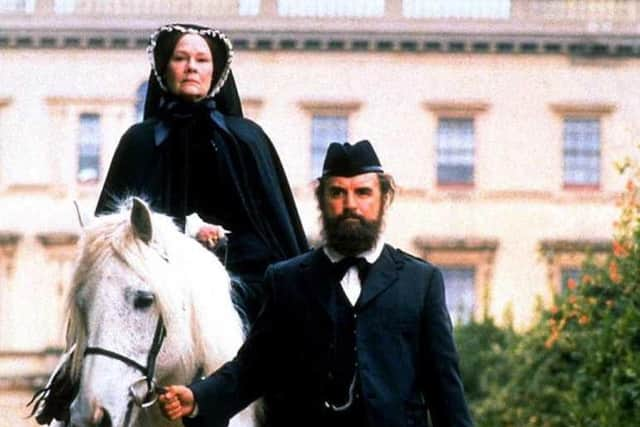

What the reviewers said: "Judi Dench's glacial, reserved demeanour contrasts beautifully with Billy Connolly's natural, rebellious exuberance, and their resultant spark of chemistry is undeniable." William Mager, BBC
Trainspotting, 1996 (90%)
Adapted from Irvine Welsh's controversial 1993 novel, Trainspotting's equal parts witty and disturbing portrayal of heroin addiction has become a touchstone of Scottish culture.
Set to a throbbing, contemporary soundtrack the film charts the fortunes of a group of heroin addicts - and a violent alcoholic - and their hapless attempts to escape addiction.
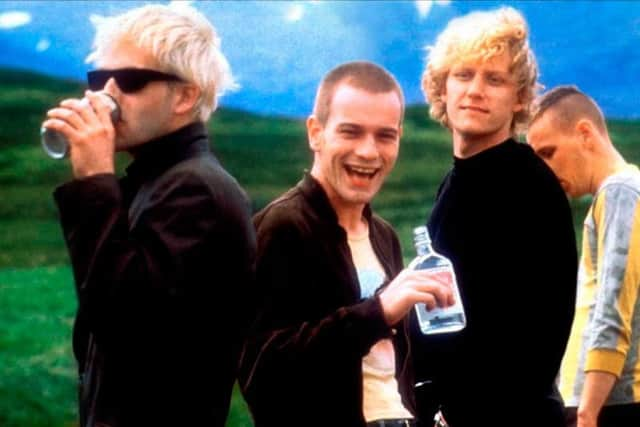

Advertisement
Hide AdWhat the reviewers said: "Trainspotting is a searing pop-art portrait of a lost generation blowing out its brains. As they rail, chuckle, shout and dive into darkness, you're trapped yourself between a bellylaugh and a scream." Michael Wilmington, Chicago Tribune
My Name is Joe, 1999 (88%)
Ken Loach's typically bleak take on an unlikely relationship in one of Glasgow's roughest suburbs, was showered on its release in 1999.
Advertisement
Hide AdPeter Mullan's turn as a down-and-out alcoholic saw him win best actor at the Cannes Film Festival.
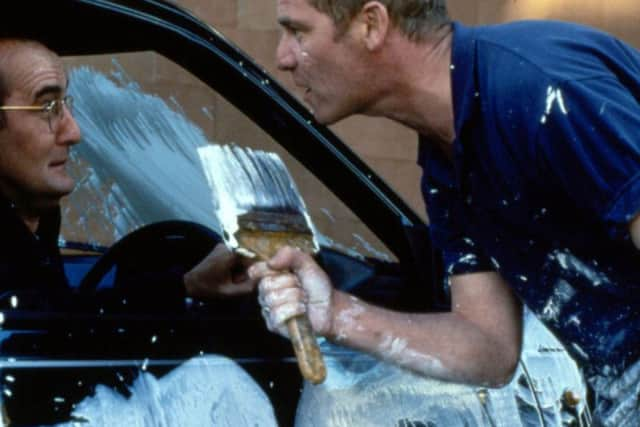

What the reviewers said: "Loach in fine form, at the peak of his craft. Proletarian realism does not get better than this." Dan Jardine, Cinemania
Breaking the Waves, 1996 (85%)
Breaking The Waves earned the Grand Prix at the 1996 Cannes Film Festival for its unconventional take on love.
Set in the Scottish Highlands, the Lars von Trier directed flick focuses on a married couple's attempt to deal with a cruel twist of fate which leaves husband, Jan, paralysed.
What the reviewers said: "Emily Watson gives this musty spiritualism a flesh and-blood sympathetic center. Her purity of emotion, be it bliss, fear or sorrow, are convincingly unactorly and the camera -- even Von Trier's handheld pseudo-documentary one -- loves her face." Wallace Baine, Santa Cruz Sentinel
Ratcatcher, 1999 (84%)
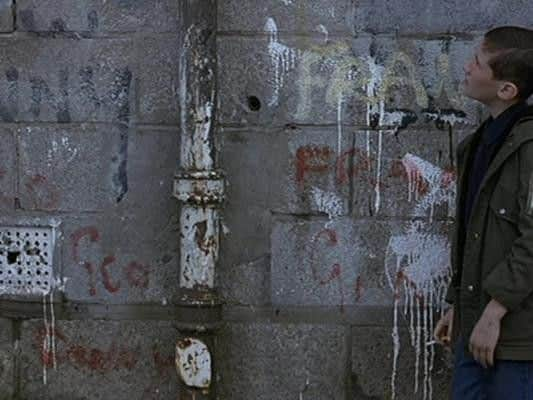

Before she shocked Hollywood with gritty thrillers We Need To Talk About Kevin and You Were Never Really Here, Lynne Ramsay produced the grittier still Ratcatcher.
Advertisement
Hide AdSet in 1973 Glasgow, the film focuses on a young boy navigating the bleak and brutal realities of a city on its knees.
What the reviewers said: "Done so deftly, with such a exquisitely poetic touch and keen understanding of the paradoxical coexistence of filth and beauty in the world, that you can forgive some of its narrative triteness." James Kendrick, Q Network Film Desk
Carla's Song, 1998 (83%)
Advertisement
Hide AdKen Loach's Carla's Song focuses on the unlikely union of a Glaswegian bus driver and a Nicaraguan refugee, as they venture back to the latter's home country to face the violent reality of the Contra War.
Robert Caryle puts in a powerful performance as bus driver George Lennox.
What reviewers said: "An extraordinary illustration of the power of the cinematic art form." Maria Garcia, Film Journal International
Braveheart, 1995 (77%)
You might have heard of this one.
The 1995 Best Picture winner, for better or worse, has become synonymous with Scottish identity and is rite-of-passage viewing for Scots - and who could disagree that Mel Gibson's William Wallace isn't at the very least rousing.
Now regarded by many as one of the great war films, Braveheart put Scotland firmly on Hollywood's map.
What reviewers said: "Braveheart is a big, strapping medieval sword-and-arrow movie with more fighting than romance, a surprising abundance of lush and sensuous imagery considering its brutal strife, and Gibson fiercely inciting it to stand up and march." Jay Carr, Boston Globe
Rob Roy, 1995 (73%)
Advertisement
Hide AdReleased in the same year as Braveheart, Rob Roy has been rather forgotten due to the dizzying success of its contemporary.
Despite this, Rob Roy still stands up as an enjoyable, swashbuckling take on one of Scotland's great anti-heroes, largely thanks to rock-solid performances from Liam Neeson, Jessica Lange, and Tim Roth.
Advertisement
Hide AdWhat reviewers said: "Where Braveheart was a guts-and-glory battlefield hymn to fortitude, Rob Roy is a more personal, more intelligent, and more wrenching exploration of honor, honesty, and loyalty." Steven D. Greydanus, Decent Films Guide
My Life So Far, 1999 (70%)
Centering on a family living on a Scottish estate as they deal with drastic changes caused by the outbreak of World War One, My Life So Far features an impressive cast of Colin Firth, Rosemary Harris and Malcolm McDowell.
Rather less bleak than the majority of the films on this list, the inoffensive family saga received pleasant reviews on release.
What reviewers said: "Because it is based on honest material, the film's script also offers some refreshingly honest takes on love." Shirley Sealy, Film Journal International